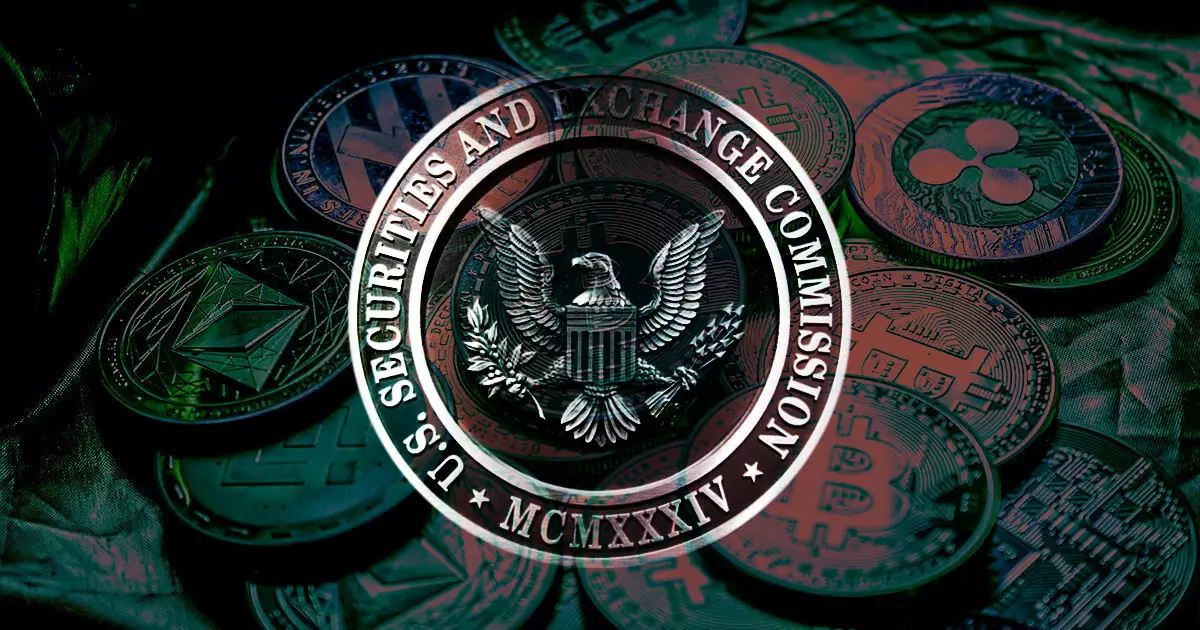The ongoing scrutiny of cryptocurrency exchanges by the U.S. Securities and Exchange Commission (SEC) exemplifies the challenging intersection of innovation and regulation. One of the most significant developments in this narrative is the recent amended complaint filed by the SEC against Binance in the District of Columbia. This article explores the implications of the amended legal filing and the broader context of regulatory efforts concerning cryptocurrency.
The SEC’s decision to file an amended complaint signifies its ongoing commitment to adapt legal strategies amid evolving dynamics in the cryptocurrency market. The amendment was introduced following Federal Rule of Civil Procedure 15(a)(2) and has shed light on the SEC’s rationale behind updating its original allegations against Binance. This newly revised complaint includes a memorandum detailing the reasons for the changes, a proposed amended complaint itself, and a redline version that highlights the alterations made from the initial filing.
In contextualizing these amendments, one must recognize their potential impact on the ongoing legal proceedings. The SEC claims that Binance operated securities exchanges without proper registration and misled investors—allegations that Binance vehemently denies. The new amendments may bolster the SEC’s narrative, allowing it to clarify or reinforce its stance against Binance, especially amid rising criticism regarding regulatory clarity in the crypto space.
The industry response to the SEC’s legal actions has not been without contention. Paul Grewal, Coinbase’s Chief Legal Officer, expressed skepticism regarding the SEC’s clarity, highlighting a notable section within the amended complaint that expresses regret for any confusion generated by the agency’s past statements regarding the nature of tokens as securities. His allegations raise an important question: has the SEC’s previous position created unnecessary confusion, or is it a strategic miscommunication?
Grewal’s remarks hint at a broader critique of the SEC’s regulatory approach—an approach that some stakeholders argue is less about providing clear guidelines and more about enforcement through litigation. This tension highlights a significant dilemma for regulatory bodies tasked with overseeing an inherently dynamic and decentralized market. As it stands, the SEC’s ongoing enforcement actions can seem arbitrary, leading many industry participants to call for clear standards rather than a reliance on court rulings and legal intimidation as methods of regulation.
Amid the legal wrangling between the SEC and Binance, the backdrop of regulatory uncertainty continues to loom large over the cryptocurrency industry. As the demand for regulatory clarity grows, many investors and participants in the crypto sphere are left navigating an inconsistent and opaque framework. This predicament can hinder innovation and present significant challenges for compliance, as businesses grapple with the ongoing ambiguities regarding which tokens and assets qualify as securities.
Importantly, the outcome of the amended complaint and subsequent legal battles has implications far beyond Binance itself. As the deadline for Binance and its co-defendants to respond looms—set for October 11—the nature of the response could drastically shape the industry’s regulatory framework. Will Binance challenge the SEC’s assertions, or will it opt for negotiation and consent? The answers to these questions could determine not only the operational framework for Binance but also set precedents for how similar cases will be handled in the future.
As this legal confrontation sets the stage for a crucial moment in the ongoing discourse around cryptocurrency regulation, it remains essential for all stakeholders—regulators, industry participants, and consumers—to advocate for transparent, fair, and definitive guidelines. The financial landscape is rapidly evolving, and the need for an adaptive legal framework that nurtures innovation while ensuring consumer protection is paramount. As observers and industry experts watch the unfolding drama, the outcomes of these regulatory challenges will undoubtedly play a significant role in shaping the future of cryptocurrency within the U.S. regulatory framework.



















Leave a Reply